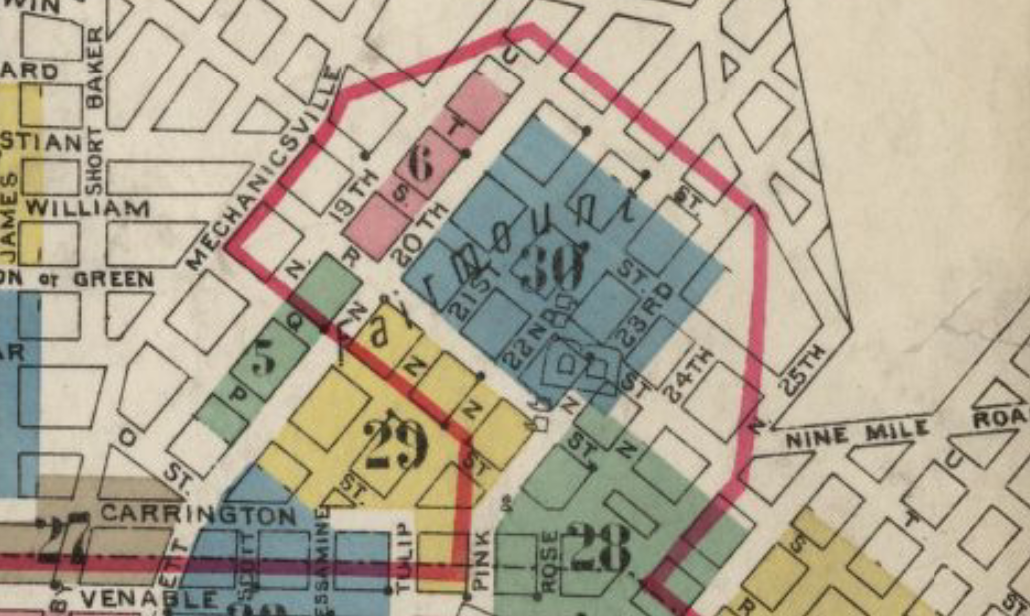RECENT COMMENTS
Eric S. Huffstutler on What is up with the Church Hill Post Office?
Eric S. Huffstutler on What is up with the Church Hill Post Office?
Yvette Cannon on What is up with the Church Hill Post Office?
crd on Power Outage on the Hill

Gas lines frozen in Fairmount
01/09/2017 10:59 AM by John M
Fairmount Neighborhood Neighbors – City trucks are on our street and say gas lines to Fairmount are frozen for much of the neighborhood. Temps are dropping in our house and now we know why!
They said to call the city number and report your issue so it is documented. 644-3000






I didn’t know gas lines could freeze!
If anyone gets an estimate on how long we will be without please spread the word!
Maybe this has information on what needs to be done and how long it takes:
http://asgmt.com/wp-content/uploads/pdf-docs/2007/1/057.pdf
How is this even possible?
Our infrastructure is ancient. Over time, small leaks from cracks and rusted joints let in water as well as condensation gathers. We rarely get this cold and is when things start to fail.
Yes – let us not forget The Great Water Main Break new year’s eve 2014. I think we had two bad water outages that winter. What Eric said. Bad, bad or I should say OLD and OLDER infrastructure. You think schools are bad, you should see what is underground around here.
A nayural gas line freezing? I don’t think so…it’s a vapor. If there were small cracks and leak allowing water seepage-trust me, we;d all have bigger problems.
Actually the cause is a lot simpler than one would think.
All natural gas has water vapor in it. Ever turn on your stove and see a small amount of condensation on the bottom of your pan when using cold water?
The vapor is normally burned off with the gas at higher temps. When it was cold like it was, the vapor condenses in the pipe faster that the gas can make it evaporate. A slug of water forms in the lines and stops the gas from flowing.
If you look at your furnace of water heater, you will see a small pipe that appears to serve no purpose that hangs down near the connection. That “drip” captures moisture and dirt before it gets to the burner.
In the case of really cold weather, the condensation occurs before the drip. Gas is at really low pressure so it doesn’t take much to stop the flow due to water.
City gas lines are under quite a bit of pressure- the meter at each building has a regulator to step the pressure down. Freezing was not the issue in any street line.